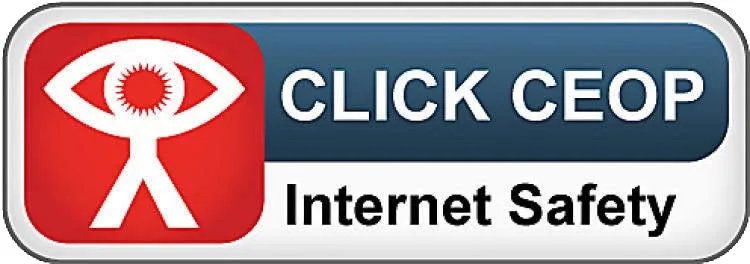What is Online Safety?
Online Safety is being aware of the nature of the possible threats that you could encounter whilst engaging in activity through the Internet. These threats are grouped into 4 key categories (KCSIE):
Content
‘Content: being exposed to illegal, inappropriate or harmful content, for example: pornography, fake news, racism, misogyny, self-harm, suicide, anti-Semitism, radicalisation and extremism’ (KCSIE).
Contact
‘Contact: being subjected to harmful online interaction with other users; for example: peer to peer pressure, commercial advertising and adults posing as children or young adults with the intention to groom or exploit them for sexual, criminal, financial or other purposes’ (KCSIE).
Conduct
‘Conduct: personal online behaviour that increases the likelihood of, or causes, harm; for example, making, sending and receiving explicit images (e.g. consensual and non-consensual sharing of nudes and semi-nudes and/or pornography, sharing other explicit images and online bullying’ (KCSIE).
Commerce
‘Commerce – risks such as online gambling, inappropriate advertising, phishing and or financial scams’ (KCSIE).
Click here for the gov guidance on online safety
Smoothwall Monitoring
As you are aware, Leigh Academy Minster is committed to ensuring that our pupils have access to digital technology through our chromebook scheme, and our teaching staff are dedicated to using the latest digital technologies to enhance learning in the classroom. We are aware that ensuring pupils are digitally minded and fluent will have a positive impact on their education and futures but equally we make sure that as members of the community we educate our children on how to use digital technology safely and appropriately both at school and whilst at home.
The Academy is working in partnership with Smoothwall to ensure that all school accounts and devices whether inside or outside of school are appropriately monitored. Smoothwall is a real-time, digital monitoring solution that flags incidents as they happen. Monitoring both keystrokes and screen views, safeguarding staff are informed, through a variety of means, when users try to view or type any content that could be harmful.
All pupils sign an Acceptable Use Policy and as you are aware when you receive your child’s loan device, parents sign a loan agreement.
CEOP – Child Exploitation and Online Protection
CEOP helps any child or young person under the age of 18 who is being pressured, forced or tricked into taking part in sexual activity of any kind. This can be something that has taken place either online or in ‘the real world’, or both. The CEOP Safety Centre has clear information and advice on what can be reported to CEOP, the reporting process and what will happen if you do decide to make a report. You can visit the CEOP Safety Centre and make a report directly to CEOP by clicking the Click CEOP button.
If you are experiencing online bullying or something else online has worried you, please speak to an adult you trust, or you can talk to Childline at any time on 0800 1111 or visit their website.
LAT Online Safety Statement
We proudly announce that our academy has successfully achieved accreditation for our comprehensive commitment to promoting and teaching online safety. This accreditation reflects our dedication to ensuring that all aspects of online safety are embedded across our curriculum, staff training, leadership, and community engagement.
As part of the LAT Online Safety programme, our academy has demonstrated compliance with key requirements, including:
- Staff Training: All staff members have completed tailored online safety training, with additional, role-specific training provided for Designated Safeguarding Leads, principals, and governors.
- Curriculum Integration: Online safety education is systematically mapped across all year groups, meeting legal requirements. We actively promote digital citizenship through annual events such as Safer Internet Day and Digital Citizenship Week.
- Leadership and Technical Oversight: A 360-degree review of our online safety provision ensures continuous improvement. Online safety is embedded in safeguarding governance, monthly technical filter checks, and regular incident reviews using Safeguarding Lenz.
- Parental Engagement: We maintain a strong partnership with parents, offering resources, communication, and face-to-face workshops focused on online safety. We also gather parental feedback to inform our practices and priorities.
This accreditation is underpinned by robust tracking and monitoring, ensuring all required activities and standards are consistently met.
Our academy remains committed to fostering a safe and empowering digital environment for all members of our community. Together, we strive to build a culture of awareness, respect, and responsibility in the digital world.
For further information and resources, please visit the CEOP website.




